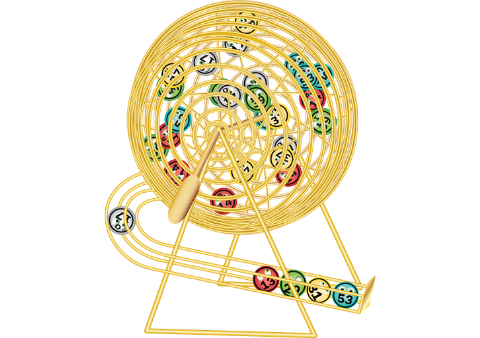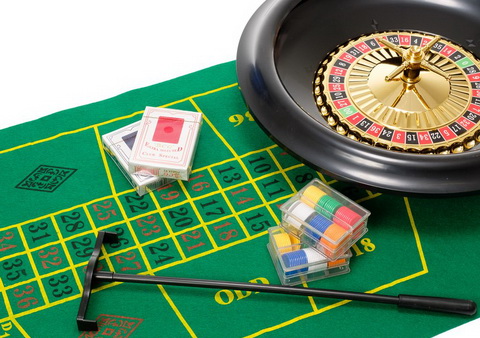Blackjack even has a few names you may have heard before: card game 21, card game eye. The rules of blackjack are really simple. Simply deal the cards and collect points. The only way to win immediately is if the first two cards are worth 21 points, in which case you get Blackjack. Otherwise, you have to keep playing. The full gameplay is described below. Those who like card games of chance should also be interested in poker game.
How to play Blackjack?
First, choose the person who will be the dealer. The dealer's job will be to shuffle the cards and deal them to himself and to the other players. They will also take bets and pay out winnings.
Blackjack casino in-game betting. You can use special chips, matches, drawn money or printed money from the internet. Before the game, agree amongst yourselves how many chips each player will receive and how many you will put in the pot (to be held by the dealer).
Shuffle all the cards you will play with. If you are using more than one deck, you can put a red or other colour card in the middle of the shuffled cards, at which point you will have to pick up all the cards and shuffle them again.
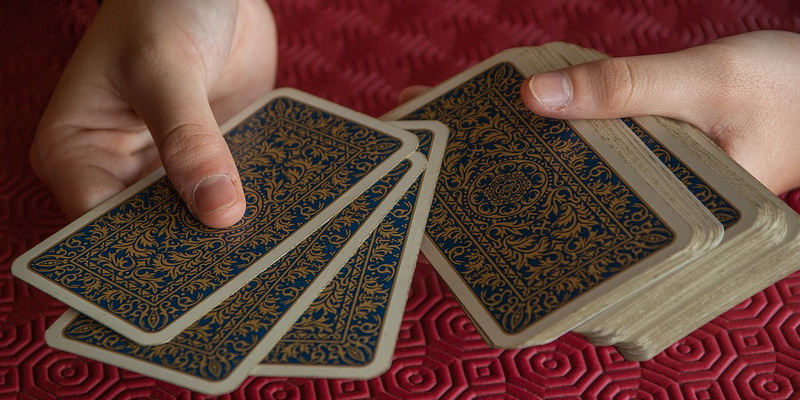
Blackjack rules
Card Game Rule 21 states that in this game your only opponent is the dealer. No matter how many people play at the table, you will not fight each other. You will only win if you have 21 eyes or if you manage to beat the dealer. Otherwise, the dealer wins.
So, at the start of the game, you make a certain bet (you can decide how much to bet). The dealer then deals one card face up to each player clockwise (starting with the person to your left) and takes one for himself. All these cards are face up. Next, the cards are dealt again in a clockwise direction, starting with the player who received the first card. All players receive one more card face up, only this time they take a card face down for themselves. After the cards have been dealt, the dealer looks to see what his hole card is, and then the rest of the game begins.
The first action is taken by the person to the left of the dealer. He can choose between several actions (you will usually come across the English terms for this game, but this page has the English translation of the possible actions in Blackjack):
- take;
- to finish the move;
- double;
- deal the cards.
Take another card
The first action you can take during your turn is to draw additional cards. Your goal is to score 21 points or more than the dealer. So if you get e.g. a four of a kind and a six of a kind = 10 points, then you can still take an extra card or multiple cards. For example: four of a kind, six of a kind + two of a kind = 12 points. You can take another card (if you wish) four of a kind, six of a kind + two of a kind, five of a kind = 17 points. You are now approaching 21 points. If you are dealt a card and find that you already have 22 points or more, then you are "burned" and lose immediately.
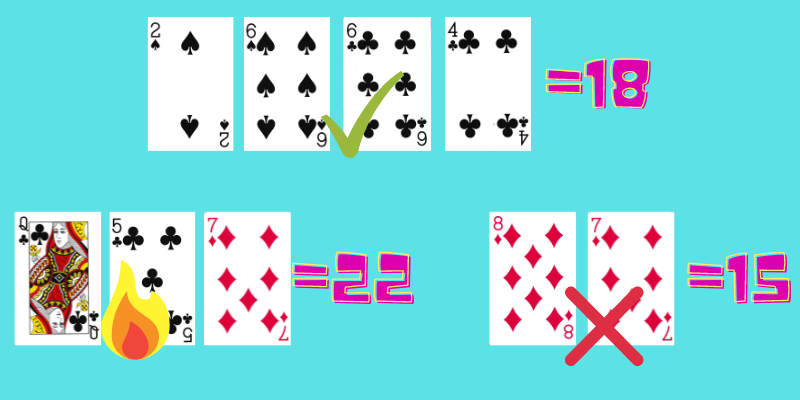
Finish the move
You can end a move at any time. It doesn't make any difference how many points you have accumulated. For example: you get a seven and an eight = 15 points. It is already risky to take another card, so you can just end your turn and hope that the dealer's point total is lower.
Double
If you want, with two cards, you can double your original bet, e.g. if you bet 1 chip, you must place another chip next to it. In this case, you will receive one additional card (only one) and you will end your turn. If you win, you will receive twice as much as you would have received after your first bet. Usually doubling is possible when the cards are 11 points or less. But this rule can be changed by deciding amongst yourselves when doubling is allowed.
Deal (deal)
There are times when you get two of a kind. In this case, you can separate them during your turn and then play each card separately. After the cards have been dealt, you need to place the same number of chips as you bet at the start of the game. At the end of the game, each separated card can win/loss independently of the other.
The only pairs of cards that can be distinguished are: two 3s, two 10s, two heads, two aces. A 10 of 10 cannot be paired with a 10 of Heads (even though both are 10), as they do not form a pair.
When can cards be dealt?
Here are some guidelines on when it is better and when it is better not to spread the cards.
- It is better not to play the following cards: 10s, 5s, 4s.
- The award can be made at any time or depending on the dealer's hand:
- Aces can be dealt regardless of the dealer's hand;
- the nines can be distinguished. The exception is when the dealer's face-up card is worth sevens, 7s or 10s, or is an Ace;
- it is always worthwhile to exclude 8s, no matter what card the dealer has;
- It is only useful to discard sevens when the dealer's face-up card has a point value of less than 8;
- It is only worth separating sixes when the dealer's card is worth less than 7;
- 3s and 2s are only worth excluding when the dealer has a card with a value less than 7.
When all players have completed their turns, the dealer then turns over his second card and everyone knows how many points he has scored. If the total is less than 17 points, the dealer must draw another card or several cards. He draws cards until he scores 17 points or more.
Blackjack strategy
Knowing and understanding the rules of blackjack is not everything. If you want to get the most out of the game, there are a number of tips you can use blackjack game strategies advice.
- It is always worth taking another card if the total number of cards you have is less than 10.
- When you have 12 points, you have to take a risk and draw another card. The exception is when the dealer has 4, 5 or 6 points.
- If you have less than 18 points, then it is recommended that you draw another card in case the dealer has 7 or more points.
- When you have 10 or 11 points on your face-up cards, it's a good idea to consider doubling your bet.
- You should end the game if your hole cards are a nine and an ace.
- You should also end the game if your two face-up cards are an eight of a kind and an ace. If the dealer's card is a six, you can still take the risk of doubling.
- The cards can be drawn if you have a seven and an ace. Of course, this is only worth doing if the dealer has a card worth more than 8.
People who are already familiar with 21 card games sometimes calculate what cards are left in the deck. Counting blackjack cards is a hard thing to do, but it is very useful.
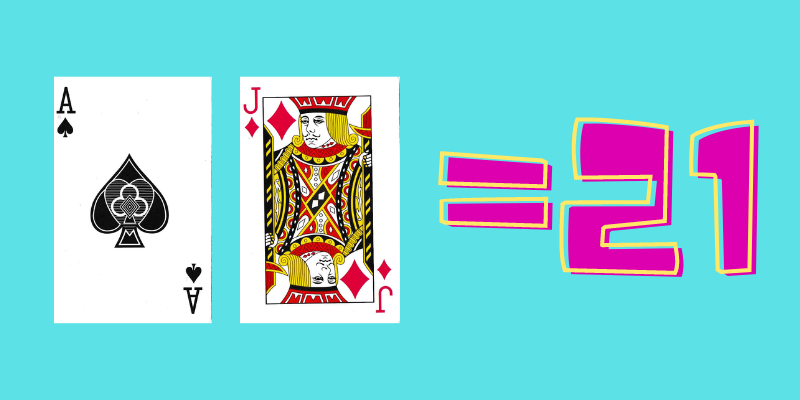
Blackjack game is over
After all players have completed their turns, the dealer opens his second card and if he is still short of points, then he draws extra cards. Blackjack rules require a draw until the dealer has 17 points or more.
After everyone has completed their moves, the results are tallied and then the game of cards is completed:
- If someone has 22 points or more, they are immediately "burned" and give the dealer the chips they have bet;
- When someone has 21 points, he wins - he then takes the chip he bet and the dealer gives him the same amount;
- Otherwise, either the dealer or the player wins, whichever has the higher point total (in which case either the dealer takes the chips or the player gets them - described above);
- if the player and the dealer have the same number of points, then a tie is declared and the players take back their chips.
❓ How many people can play Blackjack?
This game can be played by 2 to 8 people.
❓ How many cards do I need for Blackjack?
Depending on how many people are playing, the rules of Blackjack allow you to play with multiple decks of cards: from 1 to 3 decks.
❓ What are the ranks of Blackjack cards in ascending order?
2 (two eyes), 3 (3 eyes), 4 (4 eyes), 5 (5 eyes), 6 (6 eyes), 7 (7 eyes), 8 (8 eyes), 9 (9 eyes), 10 (10 eyes), Jack (10 eyes), Queen (10 eyes), Queen (10 eyes), King (10 eyes), Ace (1 or 11 eyes, whichever is more useful for the player).
❓ Are the cards of Club, Queen and King different from each other in this game?
No. A Jack, Queen and King are worth the same 10 points. These cards are called heads. No matter which two heads you have, they still form a pair, which is relevant for distinguishing between cards.
❓ How long does a game of Blackjack last?
The length of the game depends on the number of people playing. Two players (the dealer + his opponent) can take just a few minutes. The more people at the table, the longer the game will take.
